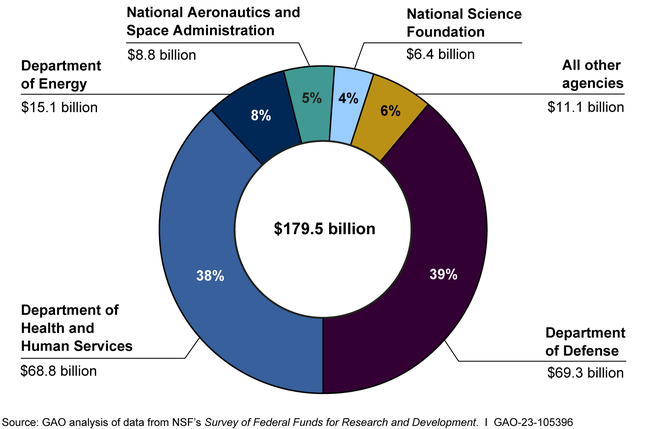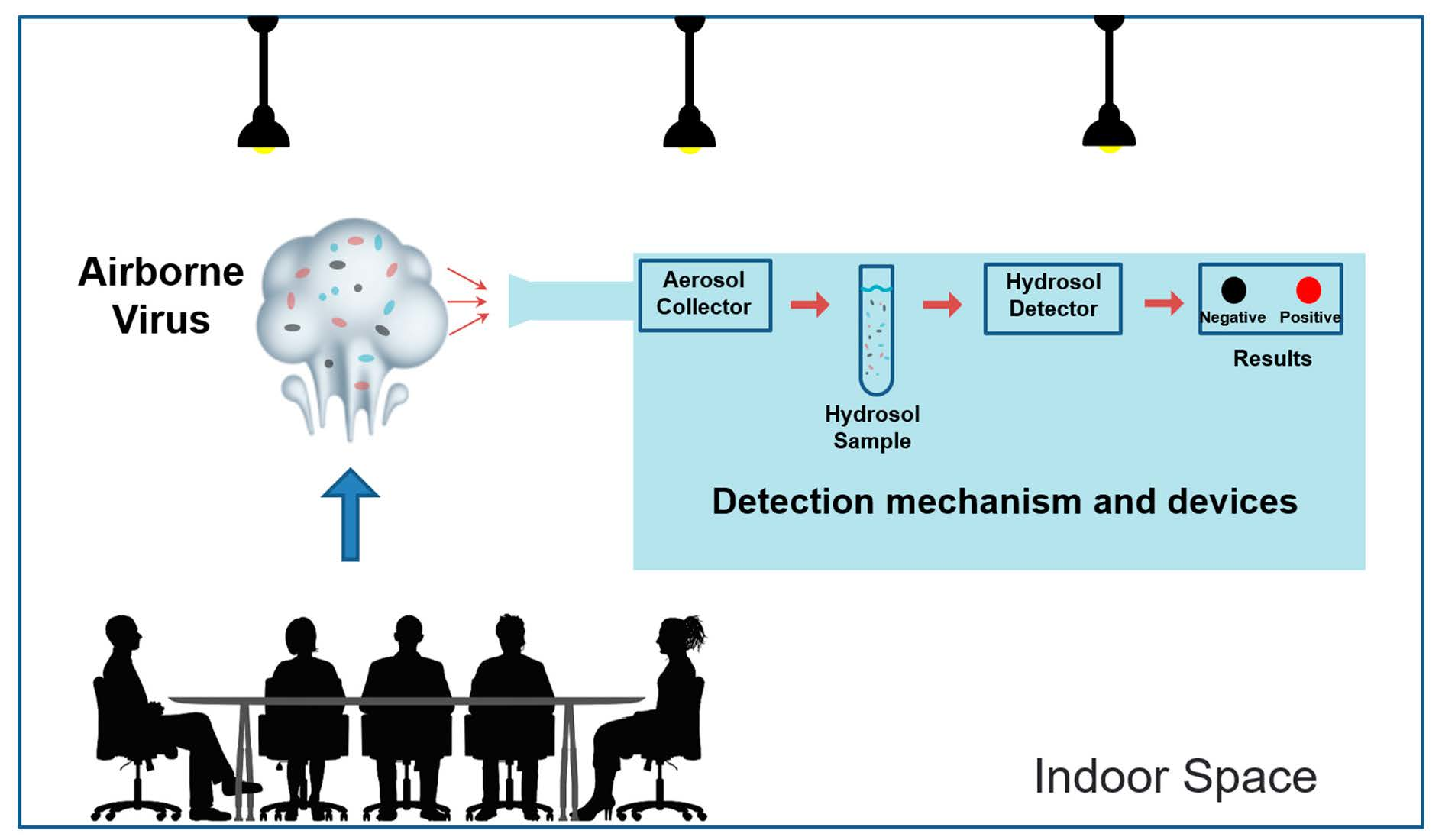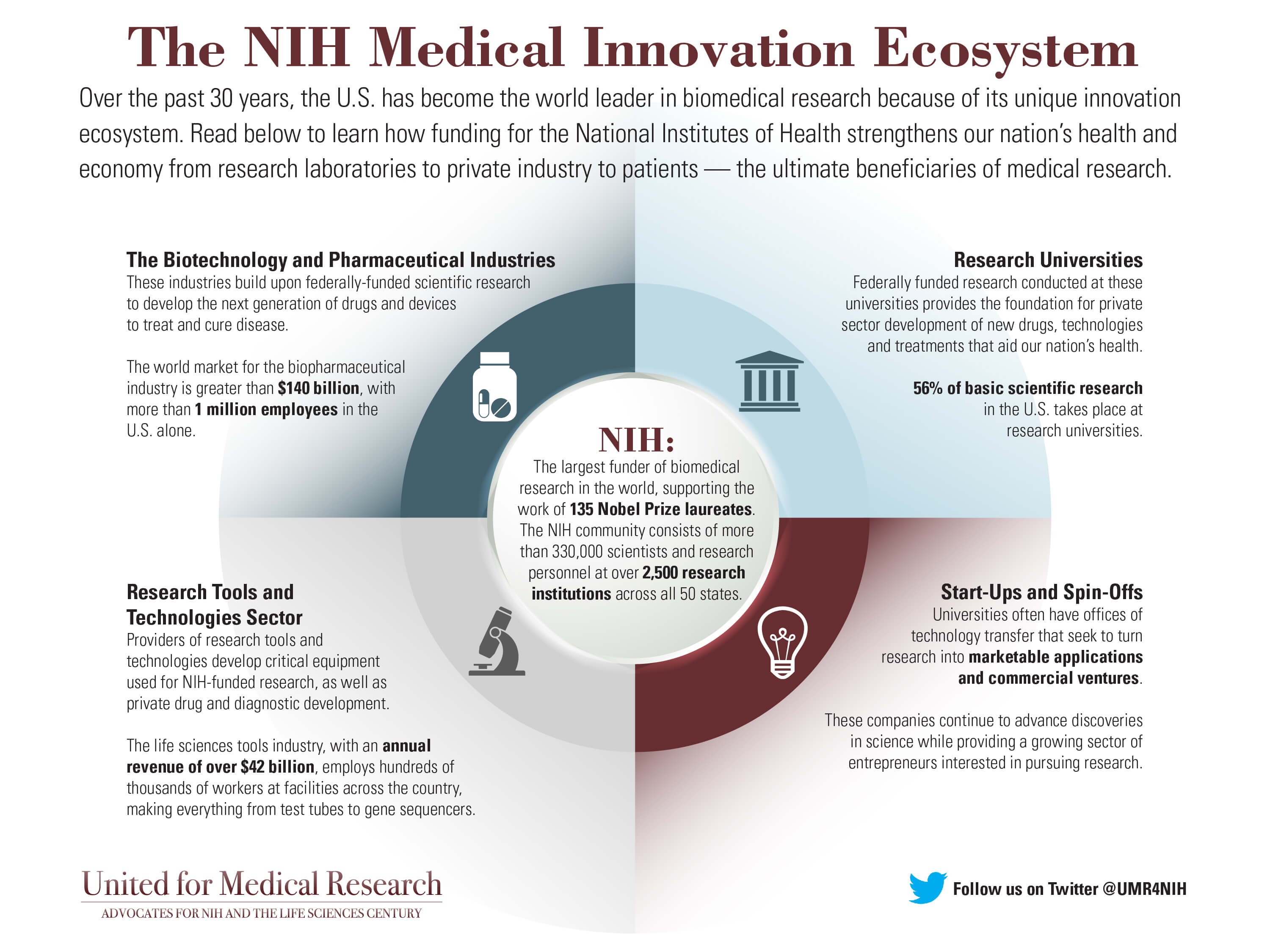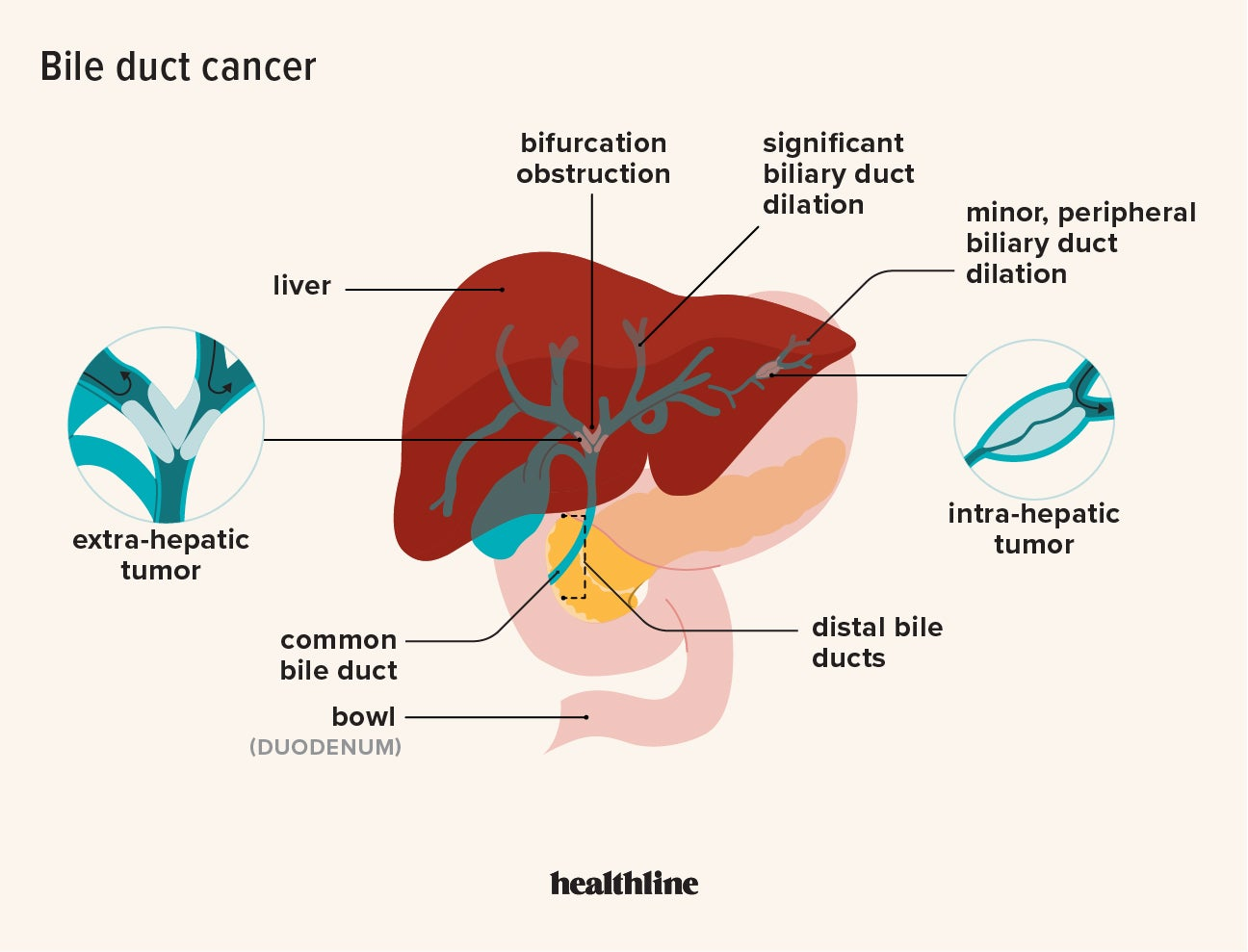Federal research grants play a critical role in advancing scientific discovery and public health initiatives in the United States. These grants offer essential financial support for researchers as they explore groundbreaking ideas in fields like nutrition, cancer risk reduction, and epidemiology. With increasing competition for funding, health research funding from entities like the National Institutes of Health (NIH) has become a lifeline for scientists dedicated to improving human health. Crafting successful NIH grant applications requires meticulous planning and a strong foundation in research ethics in science. As researchers navigate the complexities of scientific research grants, they contribute to a larger mission of enhancing public health funding and ultimately benefiting society.
Public funding for scientific research has never been more vital, as it empowers scholars to unravel the complexities of health-related challenges. Grants from federal agencies serve as the backbone for researchers pursuing investigations into topics like nutrition and disease prevention, ensuring that innovative ideas are not stifled by a lack of resources. The rigorous process of securing these research funds—often necessitating detailed proposals and comprehensive budgeting—demonstrates the commitment to responsible research practices and societal well-being. In light of the ongoing challenges with funding allocations and support structures, the enthusiasm among researchers remains steadfast as they seek answers that can transform public health outcomes. The interplay between federal support and clinical research efforts highlights the undeniable importance of fostering advancements that serve the greater good.
The Importance of Federal Research Grants in Public Health
Federal research grants play a crucial role in advancing public health initiatives, providing the necessary funding for important studies that can save lives and improve community well-being. Researchers like Karen Emmons and Jorge Chavarro depend on these grants to explore significant health issues, including cancer risk and nutritional impacts on reproduction. Without federal support, many vital research projects could be jeopardized, limiting our understanding and response to pressing health concerns affecting underserved populations.
In recent years, the reliability of federal research grants has been challenged, as seen with the funding freeze affecting Harvard University. Such disruptions can halt critical research that addresses neurodegenerative diseases and other public health crises. The commitment of federal funding agencies like the National Institutes of Health (NIH) directly influences the scope and pace of health research, emphasizing the need for sustained investments in scientific inquiries that can lead to revolutionary health outcomes.
Navigating NIH Grant Applications
Applying for NIH grant funding requires a thorough understanding of the application process, which often includes multiple steps and extensive documentation. Initial preparations involve articulating specific research aims clearly and concisely—this is where researchers define the significance and potential impact of their study. As Jorge Chavarro notes, merely having an idea isn’t enough; applicants must provide solid evidence and well-structured methodologies to convince reviewers that their research is both innovative and necessary.
The application itself can be complex, often extending beyond 100 pages when including all requisite details, such as past research outcomes and a comprehensive budget justification. Understanding the nuances of the NIH’s review process and meeting the high standards set by Scientific Review Groups is essential for researchers hoping to secure funding. Furthermore, the intricate review process ensures that funds are allocated to proposals that are not only scientifically valid but also align with the overarching goals of public health funding.
Enhancing Research Collaboration Through Funding Opportunities
Public health research thrives on collaboration, and federal grants often serve as the catalyst for these partnerships. Researchers are encouraged to engage with community partners, which enhances the relevance and applicability of their studies. Karen Emmons emphasizes that developing these relationships is vital for understanding the specific health challenges faced by communities, ensuring that the research conducted addresses real-world issues.
Moreover, successful collaborations lead to innovative approaches in health research, fostering an environment where diverse ideas can flourish. By pooling resources and expertise, researchers can tackle complex health problems more effectively. Federal grants not only provide the financial backing needed for these initiatives but also promote interdisciplinary collaboration, further enriching the scientific dialogue essential for progress in public health.
Research Ethics in Science: A Pillar of Health Research Funding
Ethics in research is a fundamental aspect that governs the integrity and reliability of health studies. With increasing scrutiny on how research is conducted—especially involving human participants—researchers face significant ethical considerations when designing their studies. Karen Emmons’ work highlights the importance of ensuring that participants are treated ethically, respecting their rights and well-being throughout the research process.
Federal research grants often come with rigorous ethical guidelines that applicants must adhere to, ensuring that research designs are not only innovative but also respectful and responsible. This commitment to ethics reinforces public trust in scientific research, crucial for the continued support of funding initiatives. By aligning their work with these ethical standards, researchers demonstrate their dedication to advancing knowledge while safeguarding the rights of individuals, which ultimately contributes to the greater good of society.
Challenges Faced by Researchers in Securing Grants
While federal research grants represent an essential avenue for funding, the process of securing them can be fraught with challenges. As outlined by both Emmons and Chavarro, the competitive nature of grant applications means that only a small percentage receive funding. The success rate for NIH grants is particularly low, with only around 14.6% for the most common type. This statistic underscores the need for comprehensive preparation and a deep understanding of the grant landscape.
In addition to crafting a compelling proposal, researchers face the pressure of escalating costs associated with conducting studies. As resources dwindle, investigators must justify every budget request meticulously, which can be daunting and time-consuming. Effective planning and strategic budgeting become paramount as researchers navigate these financial pressures while striving to advance critical studies that have the potential to impact public health significantly.
The Role of Community Engagement in Health Research
Community engagement emerges as a vital component of health research funded by federal grants. When researchers like Karen Emmons collaborate with community partners, their studies gain context and relevance, ensuring that research efforts truly reflect the needs and preferences of those they aim to help. Such partnerships not only enhance the outcomes of research but also foster trust and transparency between researchers and the communities they serve.
Furthermore, engaging communities in the research process can help address health disparities by tailoring interventions to those most affected. These collaborative approaches lead to more impactful studies, as they are informed by the lived experiences of individuals. By prioritizing community involvement in their research, scientists can ensure that their work not only advances knowledge but also translates into tangible benefits for public health.
Funding Fluctuations and Their Impact on Research Continuity
Fluctuations in federal research funding, as observed in recent years, can significantly disrupt the continuity of ongoing health studies. For institutions like Harvard, the recent freeze on grants has posed serious challenges, leaving researchers uncertain about their ability to complete critical projects. This inconsistency can hinder the progress of scientific work aimed at addressing essential health issues.
Researchers must constantly adapt to these funding changes, reshaping their strategies and timelines based on the availability of resources. Failure to secure uninterrupted funding can stall important research, limiting the potential for discovering new treatments and interventions. Thus, stable federal research funding remains essential for maintaining the momentum of public health initiatives and ensuring that vital research can continue uninterrupted.
Innovations in Health Research Through Grant Funding
Federal research grants often drive innovations in health research, providing scientists with the financial resources necessary to explore new ideas and methodologies. Investigators like Jorge Chavarro are at the forefront of using grant funding to investigate the intersection of nutrition and reproductive health, areas that can yield transformative insights for public health practices.
The freedom to experiment and conduct high-risk, high-reward research is often made possible through federal funding. By allowing scientists to pursue innovative projects, these grants contribute to groundbreaking findings that can shape health policies and inform public health strategies. The importance of such funding cannot be overstated, as it empowers researchers to push the boundaries of knowledge and create impactful solutions for society.
Implications of Research Feedback on Grant Applications
After submitting grant proposals, researchers often receive critical feedback from review panels that evaluate the merits of their applications. This feedback is invaluable, as it provides insights into how the proposal can be refined for future submissions. Both Emmons and Chavarro emphasize that constructive criticism is an essential part of the grant-making process, allowing researchers to enhance their work and address potential weaknesses in their arguments.
The opportunity to revise and resubmit proposals fosters a culture of continuous improvement in research. By engaging with feedback constructively, researchers can adapt their projects to meet the changing landscape of public health and scientific inquiry. Embracing this iterative process is crucial for ensuring that the best ideas ultimately receive the support they need to bring about meaningful advancements in health.
Frequently Asked Questions
What are federal research grants and how do they support health research funding?
Federal research grants are funding opportunities provided by government agencies, such as the National Institutes of Health (NIH), to support scientific research initiatives. These grants are pivotal in health research funding as they enable researchers to explore innovative solutions to public health challenges, conduct trials, and develop new treatments, ultimately benefiting society.
How can researchers apply for NIH grant applications to secure federal research grants?
Researchers can apply for NIH grant applications by submitting detailed proposals that outline their research objectives, methodologies, and significance. The application process involves several key steps: developing specific aims, conducting preliminary research, creating a comprehensive application with scientific data, and ensuring compliance with ethical guidelines and funding requirements.
What are the main components of a scientific research grant application?
A scientific research grant application typically includes the specific aims page, comprehensive project descriptions, methodologies, budgets, and a biosketch detailing the researcher’s qualifications. Each component must be meticulously prepared to demonstrate the project’s innovation and potential impact on public health.
What is the importance of research ethics in science when applying for federal research grants?
Research ethics in science is crucial when applying for federal research grants as it ensures the protection of human participants, the integrity of the research process, and the credibility of the findings. Grant applications must include protocols that address ethical considerations, particularly in health-related studies.
How competitive are federal research grants in the field of public health funding?
Federal research grants are highly competitive, especially in the field of public health funding. For example, the National Cancer Institute reported a success rate of only 14.6% for common grant types like the R01 in 2023. This low success rate reflects the intense scrutiny and rigorous evaluation of proposals to ensure funding is allocated to the most promising research.
What should researchers consider when budgeting for federal research grants?
When budgeting for federal research grants, researchers must justify each expense, outlining the necessity of funds for equipment and materials, as well as operational costs. Given the rising costs of conducting innovative research, it is vital to create a well-thought-out budget that aligns with the proposed research objectives.
What are the potential impacts of frozen federal research grants on health research?
The freezing of federal research grants can significantly disrupt ongoing and future health research initiatives, leading to delays in scientific advancements, hindered public health projects, and potential loss of valuable data. Such interruptions can inhibit researchers’ ability to address critical health issues effectively.
Can researchers resubmit proposals that were previously unfunded from federal research grants?
Yes, researchers have the opportunity to resubmit unfunded proposals for federal research grants. They can analyze the feedback received during the review process to refine their applications and improve their chances of securing funding in the subsequent submission.
Why is it important for federal research grants to support public health initiatives?
Supporting public health initiatives through federal research grants is vital because it fosters scientific advancements that lead to improved health outcomes, access to life-saving treatments, and overall societal benefits. Government funding ensures that vital research addressing public health challenges receives the necessary resources to succeed.
What role does community collaboration play in securing federal research grants?
Community collaboration is essential in securing federal research grants, as it enhances the relevance and impact of the research. Building partnerships with community organizations can inform study designs, increase participant engagement, and ensure that research addresses local health needs and gaps effectively.
| Key Points | Details |
|---|---|
| Importance of Federal Grants | Crucial for funding public health research and making a difference. |
| Personal Stories of Researchers | Karen Emmons and Jorge Chavarro illustrate the dedication and thorough preparation required. |
| Grant Application Process | Involves relationship building, understanding research trends, and building a solid application. |
| Challenges Facing Researchers | Funding suspensions and budget constraints are significant hindrances to research. |
| Review and Success Rates | Only about 14.6% of proposals at the National Cancer Institute were funded in 2023. |
Summary
Federal research grants are vital for advancing public health initiatives and empowering researchers to enhance community health. These grants not only provide essential funding but also represent an acknowledgment of the researchers’ commitment to science and societal betterment. As challenges like funding suspensions arise, the dedication of researchers like Karen Emmons and Jorge Chavarro emphasizes the critical role of these grants in fostering innovation and addressing pressing health concerns. The thorough application process, although demanding, ensures that only the most promising research receives support, ultimately benefiting public health initiatives across the nation.




